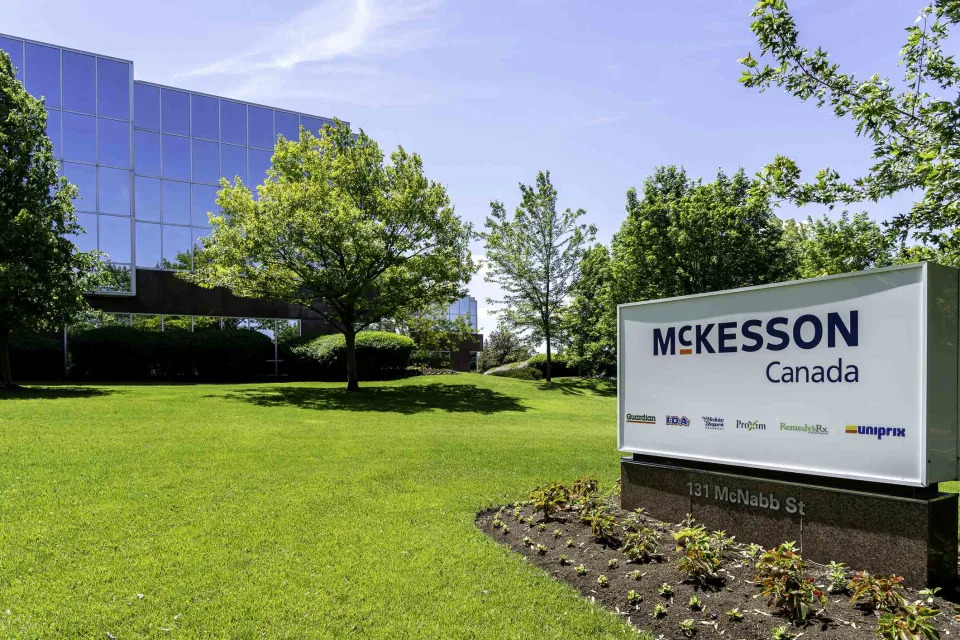The Montenegro Appellate Court upheld its decision to extradite Do Kwon, the founder of Terraform Labs, to South Korea.
The August 1 ruling marks the conclusion of a protracted legal saga involving multiple appeals and judicial reversals.
The Appellate Court confirmed the June 28 decision of the Higher Court in Podgorica , which granted the extradition request from South Korea while rejecting a concurrent request from the United States. The court’s ruling is based on the provisions of Montenegro's Law on International Legal Assistance in Criminal Matters.
The Higher Court had previously allowed Kwon’s expedited extradition to South Korea for prosecution on several criminal charges.
However, it denied the U.S. request for expedited extradition , despite the U.S. seeking Kwon for significant legal proceedings.
The ruling states that the High Court in Podgorica had correctly determined that the legal requirements for extradition were met for both South Korea and the United States.
However, the court gave precedence to South Korea's request based on the order in which the extradition requests were received and other criteria outlined in Article 26 of Montenegro's Law on International Legal Assistance in Criminal Matters.
This decision comes in the wake of a series of legal battles and appeals concerning Kwon's extradition. It is likely to be the final word on the matter, ending months of speculation about whether Kwon would face charges in the United States or South Korea.
The case against Do Kwon has garnered international attention due to the collapse of Terraform Labs and its associated cryptocurrencies, TerraUSD and Luna, in May 2022.
The fallout from this event reverberated through the crypto industry and led to multiple investigations and legal actions across several jurisdictions.
It's worth noting that in April 2024, a US court found Terraform Labs and Do Kwon liable for fraud in a case brought by the US Securities and Exchange Commission (SEC).
The verdict included six charges, among them knowingly misleading investors and "reckless" mishandling of customer funds.





